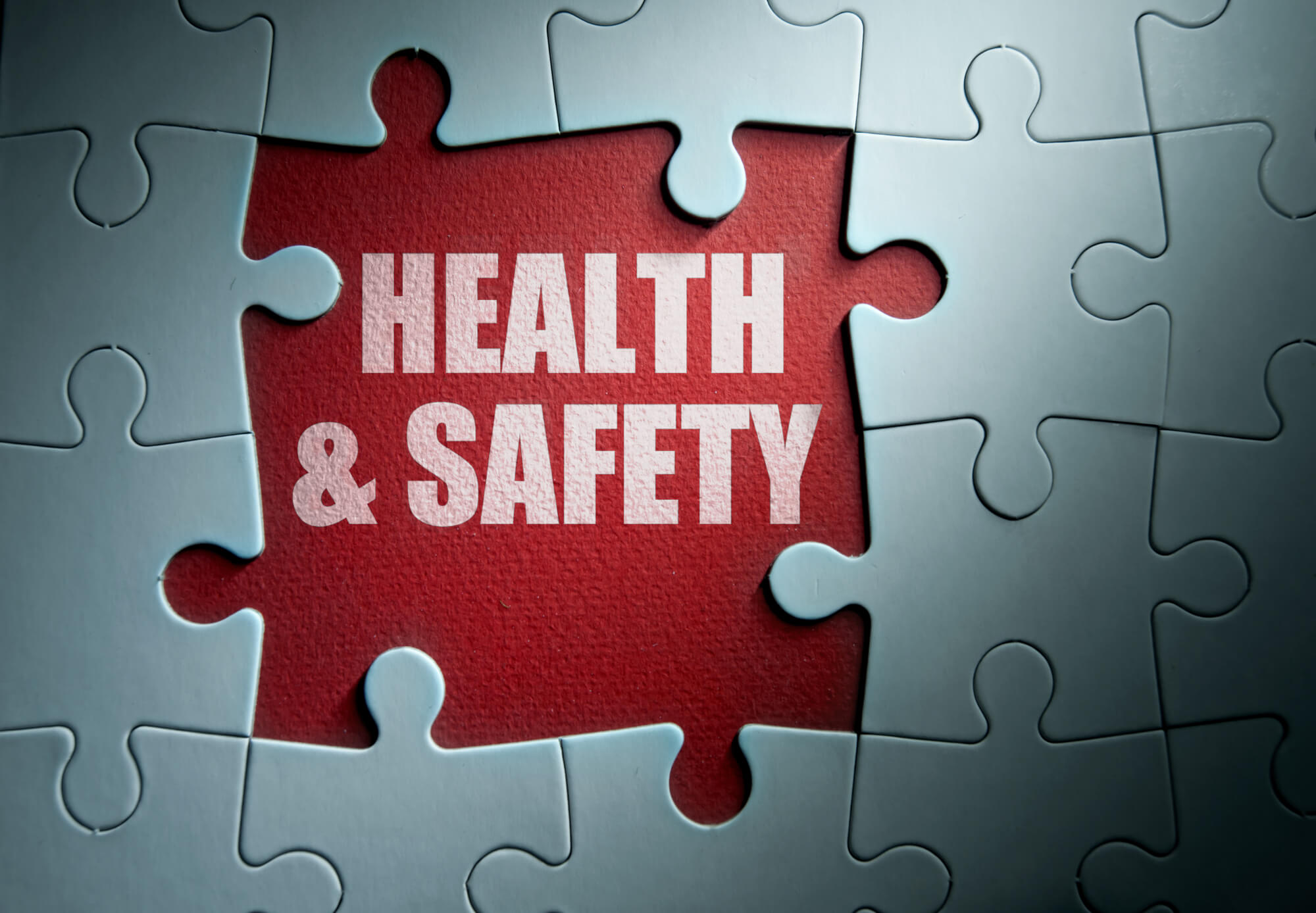Workplace health and safety is of utmost importance for organisations. To ensure the well-being of employees and compliance with regulations, the expertise of health and safety consultants becomes invaluable. This article will delve into the responsibilities, qualifications, and benefits of hiring a qualified health and safety consultant. Additionally, we will explore the significance of effective safety management within organisations.
What Does a Health and Safety Consultant Do?
A health and safety consultant is crucial in promoting a safe working environment. They possess comprehensive knowledge and skills to assess and manage health and safety risks. Here are the key responsibilities they undertake:
Assessing Workplace Hazards
Health and safety consultants conduct thorough assessments of workplaces to identify potential hazards. This involves examining work processes, equipment, and the physical environment to determine risks that may compromise employee safety. By identifying these hazards, consultants can recommend effective control measures.
Developing Safety Policies and Procedures
Consultants help organisations establish robust safety policies and procedures that align with industry standards and regulatory requirements. These policies ensure that employees know safety protocols and guidelines, reducing the risk of accidents and injuries.
Conducting Risk Assessments
Risk assessment is a vital aspect of safety management. Consultants conduct detailed risk assessments to identify and prioritise potential hazards within an organisation. By evaluating the likelihood and severity of risks, consultants provide valuable insights for developing effective risk mitigation strategies.
Providing Employee Training and Education
Consultants deliver comprehensive training programs to educate employees on safety protocols, hazard recognition, and emergency response procedures. By enhancing employees' knowledge and awareness, consultants empower them to actively contribute to maintaining a safe working environment.
Monitoring Compliance with Regulations
Health and safety regulations are constantly evolving. Consultants stay up-to-date with the latest regulations and ensure that organisations remain compliant. They conduct regular audits, inspections, and reviews to identify any compliance gaps and assist organisations in implementing corrective measures.
Qualifications and Skills of a Health and Safety Consultant
Health and safety consultants require specific qualifications and skills to be effective in their role. Here are the key attributes that make a consultant competent in their field:
Educational Background in Health and Safety
A qualified health and safety consultant typically holds a degree in occupational health and safety or a related field. This educational foundation equips them with the necessary knowledge of safety principles, risk assessment methodologies, and compliance requirements.
Professional Certifications and Memberships
Reputable certifications such as Certified Safety Professional (CSP) or Certified Industrial Hygienist (CIH) validate a consultant's expertise. Membership in professional organisations like the American Society of Safety Professionals (ASSP) demonstrates a commitment to ongoing learning and staying updated on industry trends.
Industry Experience and Knowledge
Health and safety consultants with diverse industry experience are equipped to understand the unique challenges and hazards associated with different work environments. This knowledge enables them to provide tailored solutions that align with the specific needs of organisations operating in various sectors.
Effective Communication and Interpersonal Skills
Consultants must possess excellent communication and interpersonal skills to effectively convey safety concepts to organisational stakeholders. They engage with employees, managers, and executives, fostering a collaborative approach to safety management and building trust among team members.

Working with a Health and Safety Consultant
Organisations should establish a collaborative working relationship to maximise the benefits of engaging a health and safety consultant. Here are some key aspects of working with a consultant:
Collaborative Approach to Address Safety Issues
Organisations and consultants should work together to address safety concerns. This involves open communication, sharing of information, and active involvement from both parties. Effective solutions can be developed by combining the organisation's knowledge of its operations with the consultant's expertise.
Regular Communication and Feedback
Maintaining regular communication and providing feedback is essential for a successful partnership with a health and safety consultant to ensure smooth collaboration. Regular meetings and updates allow for the exchange of information, progress tracking, and addressing any emerging safety issues. Providing feedback to the consultant helps them refine their approach and deliver even better results aligned with the organisation's needs.
Customised Solutions for Unique Challenges
Each organisation faces unique safety challenges based on its industry, operations, and workforce. A skilled health and safety consultant understands this and tailors their approach accordingly. They develop customised solutions that address the specific needs and risks faced by the organisation. By providing targeted recommendations and strategies, consultants empower organisations to manage health and safety concerns effectively.
Long-Term Partnership for Ongoing Support
Health and safety management is an ongoing process that requires continuous attention and improvement. Rather than considering the consultancy as a one-time engagement, organisations can benefit from establishing a long-term partnership with their chosen consultant. This allows for ongoing support, periodic safety audits, and assistance adapting to changing regulations or industry standards. A long-term partnership ensures that the organisation stays proactive and up-to-date in managing health and safety.
Continual Improvement and Adaptation
The health and safety field is dynamic, with new regulations, technologies, and best practices emerging. A reputable health and safety consultant stays updated on these developments and encourages organisations to embrace a culture of continual improvement. They help organisations adapt to changes in the safety landscape, ensuring their practices remain effective and compliant over time.
Conclusion
A health and safety consultant is vital to ensure effective organisational safety management. They contribute to the identification and mitigation of workplace hazards, the development of robust safety policies and procedures, and the promotion of a safety-conscious culture. Organisations benefit from expert guidance, customised solutions, and ongoing support by hiring a qualified consultant with the necessary qualifications, experience, and skills.
Collaborating with a health and safety consultant involves maintaining regular communication, providing feedback, and embracing a collaborative approach to address safety issues. A long-term partnership allows for continual improvement and adaptation to changing circumstances. By prioritising the engagement of a competent company offering health and safety consultancy, organisations demonstrate their commitment to managing health and safety risks, safeguarding their employees' well-being, and ensuring compliance with regulations.
